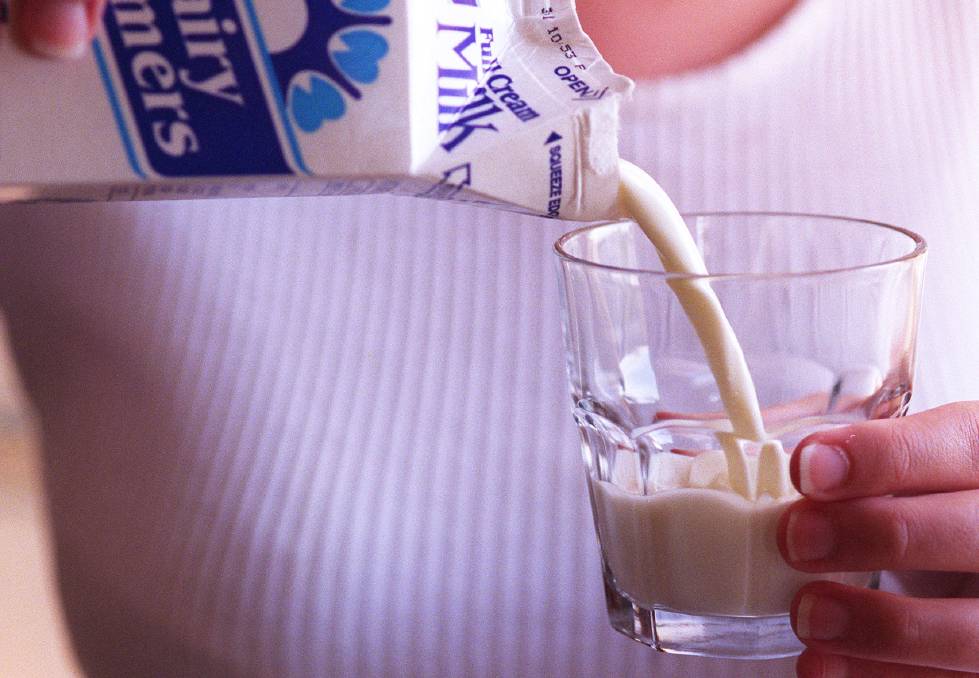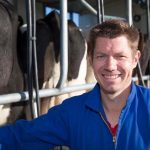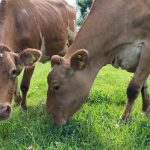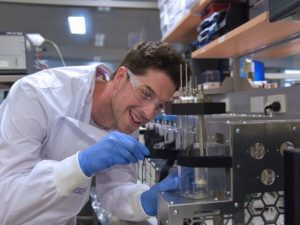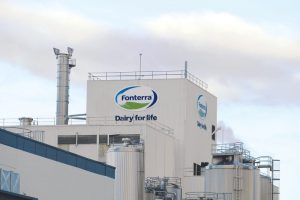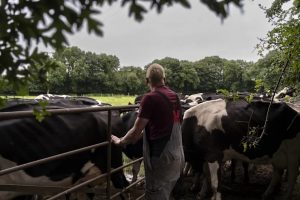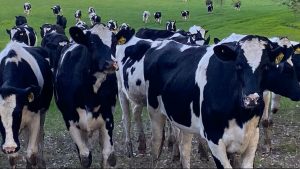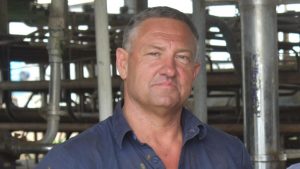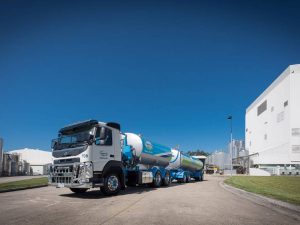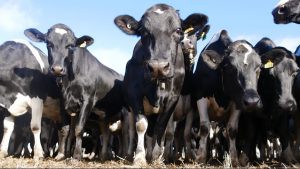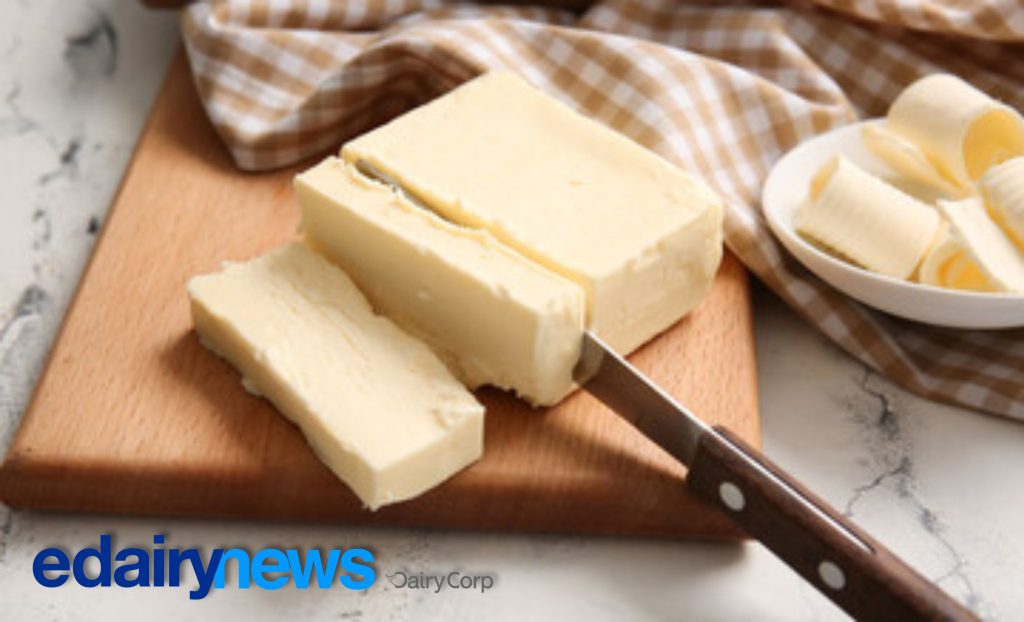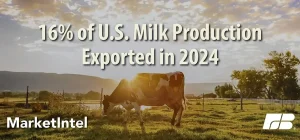
Milk’s nutritional message and advertising sex appeal have largely fallen by the wayside in the past 20 years.
Consensus in the industry is that laboratory-made imitations and plant protein-based milk substitutes won’t go away and must be challenged if dairy’s status as a natural, healthy, nutritious food source is to stay credible with consumers.
A host of fashionable plant protein beverages made from almonds, oats, chia, and more, have crept into prominence as mainstream rivals to real milk in the past two decades.
They are often touted as healthy, environmentally-friendly alternatives to dairy.
Their rise coincided, inconveniently, with farmers and milk processors being ambushed and distracted by dollar-a-litre supermarket discounting, successive farmgate milk price slumps and drought-driven supply shortages.
Industry observers say dairy now potentially faces a battle not dissimilar to the fierce margarine wars of the 1960s, ’70s and`80s when slick marketing campaigns told housewives they “ought to be congratulated” for serving their families processed vegetable oil spreads instead of butter.
Australian Dairy Farmers president Terry Richardson said producers were alarmed at the fast growing number of non-milk products trying to trade on “milk’s natural trust”, including hijacking milk’s very name.
Real milk has message
With farmers now ratcheting up demands for tougher truth in food labelling laws the timing was right for a heightened marketing effort to sell real milk’s message to consumers.
“We’re highly supportive of any initiatives which differentiate milk from the imitators,” Mr Richardson said.
“We need to highlight milk’s safe, nutritious origins, and the farmers who take pride in producing the real thing.”
The pressure on dairy’s market stronghold intensified last month when CSIRO confirmed it was supporting startup business Eden Brew’s new-age genetically engineered fermentation process to convert yeast into proteins which mimic milk’s whey and casein characteristics, apparently delivering a product almost identical to cows’ milk.
Particularly galling for many producers was the new player’s enthusiasm to claim its “milk’s” animal-free credentials made it a better product.
Eden Brew has followed the likes of US outfit Perfect Day and other overseas lab milk startups promising “delicious animal-free dairy products that plant-based alternatives just can’t match”.
Food scientist and former director general of the NSW Food Authority and Milk Marketing NSW, George Davey, doubted engineered milks would ever be the same, or as good, as the real thing.
These recent developments will motivate marketers to get milk back on the radar
– George Davey, Dairy Connect
“But they will have a following, particularly among consumers who don’t like the idea of cows being milked, or those who want something different,” he said.
“Just like margarine, these milk substitutes are here – ready, or not.
“I believe these recent developments will motivate marketers to get milk back on the radar – in fact, there was some increase in advertising during the Olympics.”
Marketing momentum lost
Unfortunately, however, the marketing momentum of the past 15 years was generally well short of the engaging and effective milk campaigns which previously resonated with consumers.
Mr Davey, also chairman of industry advocacy body Dairy Connect, said last year’s Australian Dairy Plan had identified more consumer engagement and advertising as a priority industry need.
The International Dairy Federation was also pushing a strategic response to tackle alternative milk products with consistent messaging about the natural nutritional value of the real thing.
“Real milk is the real deal. People need to be reminded it’s better for you,” Mr Davey said.
However, he noted the commercial argument for man-made beverages imitating true dairy was now so strong these invented products were invariably developed or supported by food companies already in the dairy business.
Dairy companies do it, too
European giants Nestle, Danone and Lactalis would likely be working with the lab milk startups, just as CSIRO and Eden Brew strategically aligned themselves with long-established NSW-Queensland co-operative Norco to bottle their new milk-like concoction.
In Australia’s plant protein space, dairy processors Freedom Foods and Bega Cheese already dominate Australia’s “fake” or milk alternatives market.
Bega, an early dairy investor in soy beverages, produces the Vitasoy brand’s soybean, almond and oat products in partnership with Hong Kong-based Vitasoy International, while Freedom has a diverse plant-based UHT range under the Australia’s Own and Milklab brands and packs US-owned Blue Diamond’s almond beverage lines.
Other dairy players, including Canadian-owned Saputo, have flagged intentions to sell plant protein beverages, too.
More alternatives, including, one day, laboratory-produced milk, will become available
– Michael Perich, Freedom Foods
“It’s no surprise many companies already have feet in both camps, or are weighing up their options,” Mr Davey said.
“If they have spare production capacity and can utilise their technology to generate extra earnings, they can also, to some extent, have a controlling stake in these new markets.”
Freedom Foods managing director Michael Perich said while there would always be a place for traditional dairy milk, he expected “the entire market to grow”.
“More alternatives, including, one day, laboratory-produced milk, will become available,” he said.
“We’re seeing continued strong growth in the alternative milk market as health-conscious consumers expand their diets and demands.”
“In June, for example, we added Milklab Oat to our own plant-based range and our aim is to continue delivering quality products which meet the growing demands of all consumers.”
